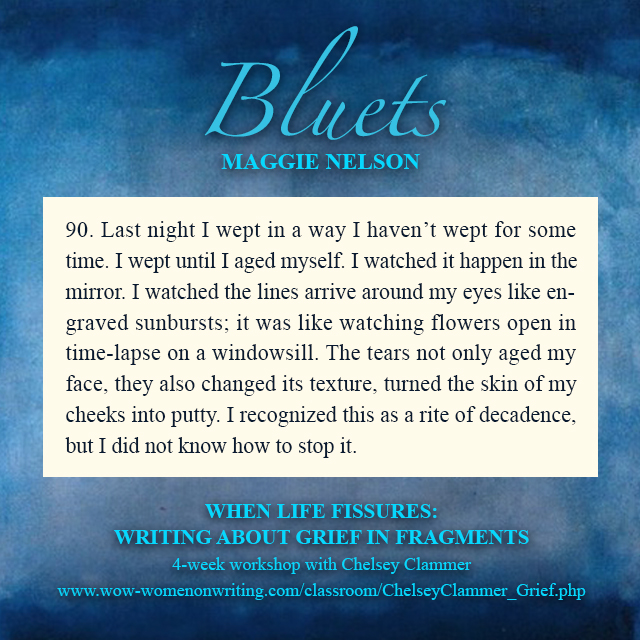By Bobbie Christmas
A: “Write tight” is one of the basic tenets of creative writing. In truth it should be “Edit tight.” We need to write first, in any way that comes to mind. After we complete the first draft, though, we need to go back through the manuscript and examine every word to see if it is vital to the sentence, paragraph, or plot. We can then delete almost every superfluous, redundant, or unnecessary word, sentence, paragraph, or chapter. As an example, I could edit your initial question to read like this: Someone in my critique circle keeps saying, “Write tight.” Is he being critical, or is he saying something I should know? Recasting reduced thirty words to twenty-one without any loss in meaning.
Tight writing produces powerful prose. To write tight, seek and destroy weak wording in second and future drafts, and you will polish your prose.
Q: Please tell our writers’ group what is meant by a writer’s voice and if it is okay to change it from one book to another.
A: In creative writing voice refers to a mixture of things, such as word choice, punctuation, personality, perspective, point of view, opinions, preferences, interests, and subject matter. Voice can refer to a writing style, too, such short, tight sentences versus flowery, descriptive ones. Hemingway’s voice was tight, journalistic, without flowery descriptions. Here’s a quote from The Old Man and the Sea: “He is my brother. But I must kill him and keep strong to do it.” On the other hand, think of Dickens, who wrote more descriptive prose and who added humor and social commentary to his works. Here’s a short quote from A Tale of Two Cities: “A wonderful fact to reflect upon, that every human creature is constituted to be that profound secret and mystery to every other.” Yes, Dickens’s voice definitely differed from Hemingway’s.
A writer’s voice can reflect the way the author thinks, speaks, and expresses opinions. Some writers’ voices reflect simple thoughts. Some writers express only popular opinions through their voices, while others may address controversial subjects.
Because voice reflects the writer, though, I’m not sure a writer can easily change voices from one book to another unless the writer changes the point of view. For example, my memoir would have to be in my point of view—how I perceived things that happened to me and around me. It would definitely be written in my voice. If I wrote a novel from the point of view of one of the characters, however, I could conceivably change the voice. If my character was incarcerated, for example, I might use more slang, graphic terms, and cuss words.
Consider as an example The Catcher in the Rye, which J. D. Salinger wrote from the point of view of a teenaged boy. Examine the following quote from Holden, the point-of-view character: “I’m standing on the edge of some crazy cliff. What I have to do, I have to catch everybody if they start to go over the cliff—I mean if they’re running and they don’t look where they’re going I have to come out from somewhere and catch them. That’s all I’d do all day. I’d just be the catcher in the rye and all.” We clearly know Salinger himself didn’t speak that way.
Writing in a voice other than the author’s can be difficult, but it can be done. Easier, however, is to change writing styles from book to book. For example, one might write in a simpler style for a young adult novel, using small words and short sentences and paragraphs. The same writer might also write a literary novel with more complex sentences, less dialogue, more description, and longer sentences and paragraphs. In both books, though, the writer’s voice would probably be similar, because the same person conceived the stories and decided how they would play out.
Yes, it’s possible to write in varying voices, as long as the voice is consistent throughout the book in the case of omniscient point of view. If using the point of view of more than one character, it’s necessary to keep each scene in a singular point of view, but the point of view—and therefore the voice—can change with each new scene or chapter.
***
Bobbie Christmas is a book editor, author of Write In Style: Use Your Computer to Improve Your Writing, and owner of Zebra Communications. She will answer your questions too. Send them to Bobbie@zebraeditor.com or BZebra@aol.com. Read Bobbie’s Zebra Communications blog at https://www.zebraeditor.com/blog/.
















